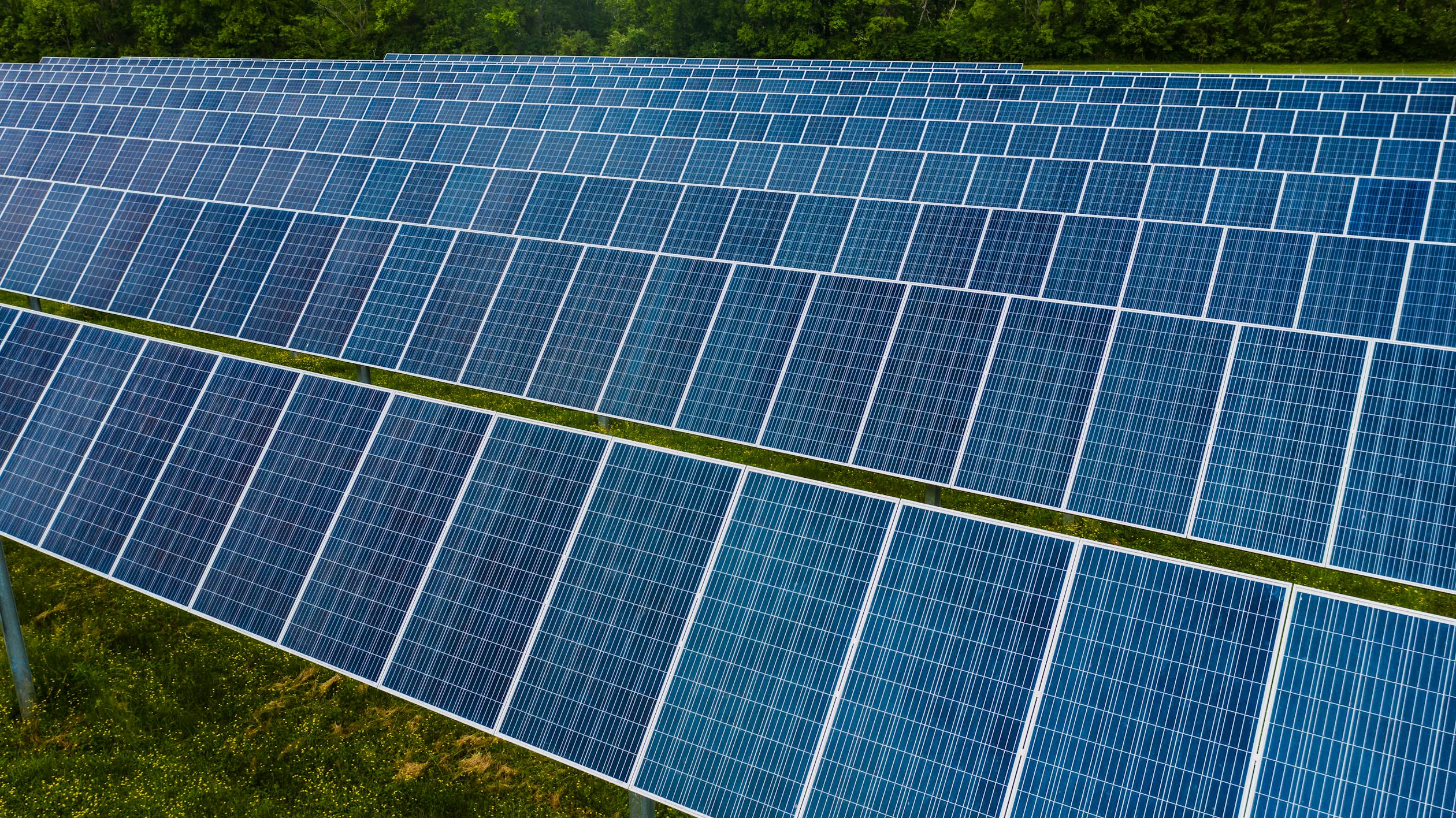In modern times, with increasing demand for clean energy, solar power systems are gaining entry into almost every market. The most universally used method of harnessing solar energy is the solar water heating system. The system utilizes sunlight to warm water for internal use in buildings and homes at large: for domestic, commercial, and industrial use as a substitute for the traditional means of warming water. Along with rising energy prices, the environmental factor provided to several countries, including India, gave them a reason to adopt solar water heating systems as an option to consume less electricity and reduce their carbon footprint.
It includes a solar water heating system catching the energy of the sun by the help of solar panels installed on the rooftops or other places exposed to sunlight. The photovoltaic cells or thermal collectors absorb the sunlight, and that is transformed to heat. This heat is transferred to water either by a direct or indirect circulation depending upon the design of the solar water heating system. In a direct system, water flows through the solar collector, whereas in an indirect system, a heat-transfer fluid circulates through the collector and then transfers heat to the water in a storage tank.
The system usually comprises a set of solar collectors, a storage tank, a circulation pump in some systems, and controllers that generally regulate temperature and ensure that water is heated up to the level desired. This hot water is stored for later use when required to serve applications such as bathing, cooking, cleaning, or in industrial processes. Tapping into the power of the sun, it is quite easy for a solar water heating system to easily provide a corresponding amount of daily water heating.
The greatest advantage of a solar water heating system lies in being able to reduce energy bills. The conventional electric and gas water heaters are highly energy intensive, consuming huge amounts of electricity or gas for heating water. On the other hand, the solar water heating system once the cost of installation is borne, operates on very little cost as it makes use of free and available sunshine. Thus, it can prove to be quite a saving option in the long run especially for places where sun is abundantly available. Many solar water heating systems can provide up to 80% or more of a house’s or business’ hot water. That can save a pretty penny on utility bills.
The other significant benefit associated with a solar water heating system is the environmental factor, since solar water heaters do not emit or burn any fossil fuels to help cut down on greenhouse gas emissions and bring about a cleaner environment. By utilizing the energy source of sun, these types of systems save the consumption of electricity generated by coal, gas, or atomic power, that emit pollutants, and cause the greenhouse effect on the earth. In this context, solar water heating systems can play a highly supportive role toward reducing carbon footprint and promoting energy saving.
Another important thing about solar water heaters is their reliability. The system of heating water using electricity or gas, for instance, would work only when these utilities are available. On the other hand, a solar water heater will always work whenever the sun is up. While people in remote areas may not get electricity sometimes, they can always get hot water using solar water heaters. In addition, most of these systems work effectively even during partially cloudy and cooler climates.
The integration of a solar power system into a house or business adds value to that property. Growing acceptance exists towards homes having solar water heating systems or full solar power system integration as energy-efficient. When they become increasingly conscious of the benefits from renewable energy, these properties will attract other potential buyers as an attractive selling point. It is in the long run that such properties with these solar-powered systems are worth more.
While it costs a premium price for the first-time investment, most solar water heaters tend to be costly, although various incentives and subsidies by governments reduce its cost. Financial aids are usually given, and many nations give tax credits or rebates on their system as well for its encouragement. Moreover, solar water heating systems are at least 15 to 20 years of life, and more, making sure that the cost-benefit analysis is always in favor of the investment.
In a nutshell, the solar water heating system is a ground-breaking technology in the renewable energy field. It provides a pretty efficient, environment-friendly, and cheaper solution for fulfilling basic hot water needs in residential and commercial areas as well as industries. With increasing conventional energy costs and climate change concerns, this phenomenon will soon be a highly sought after and inevitable technology. It is, therefore, a good investment in solar water heating systems whether it is to be used at residential levels or at large applications as it fosters economic and environmental sustainability for a clean energy future.
